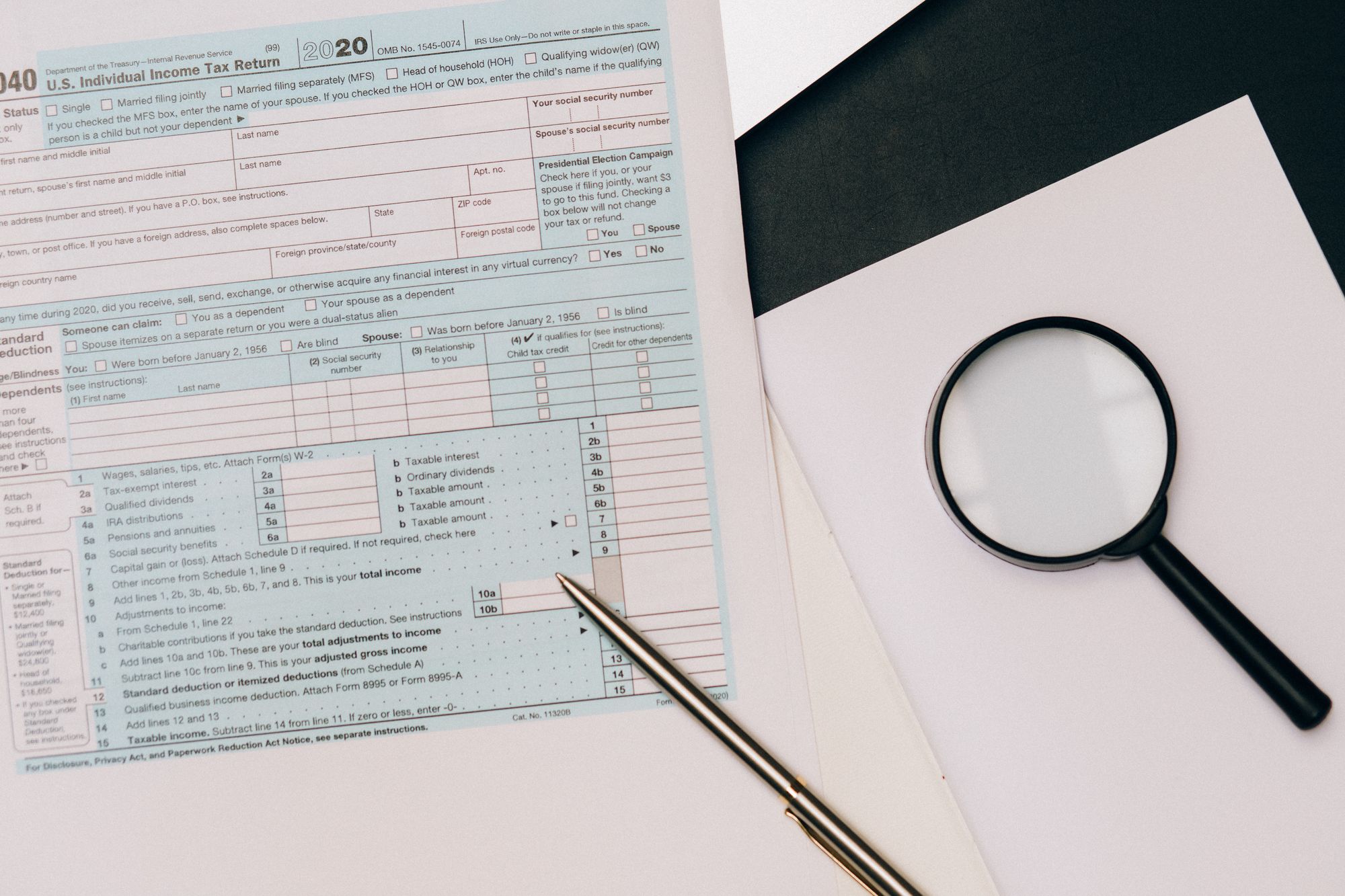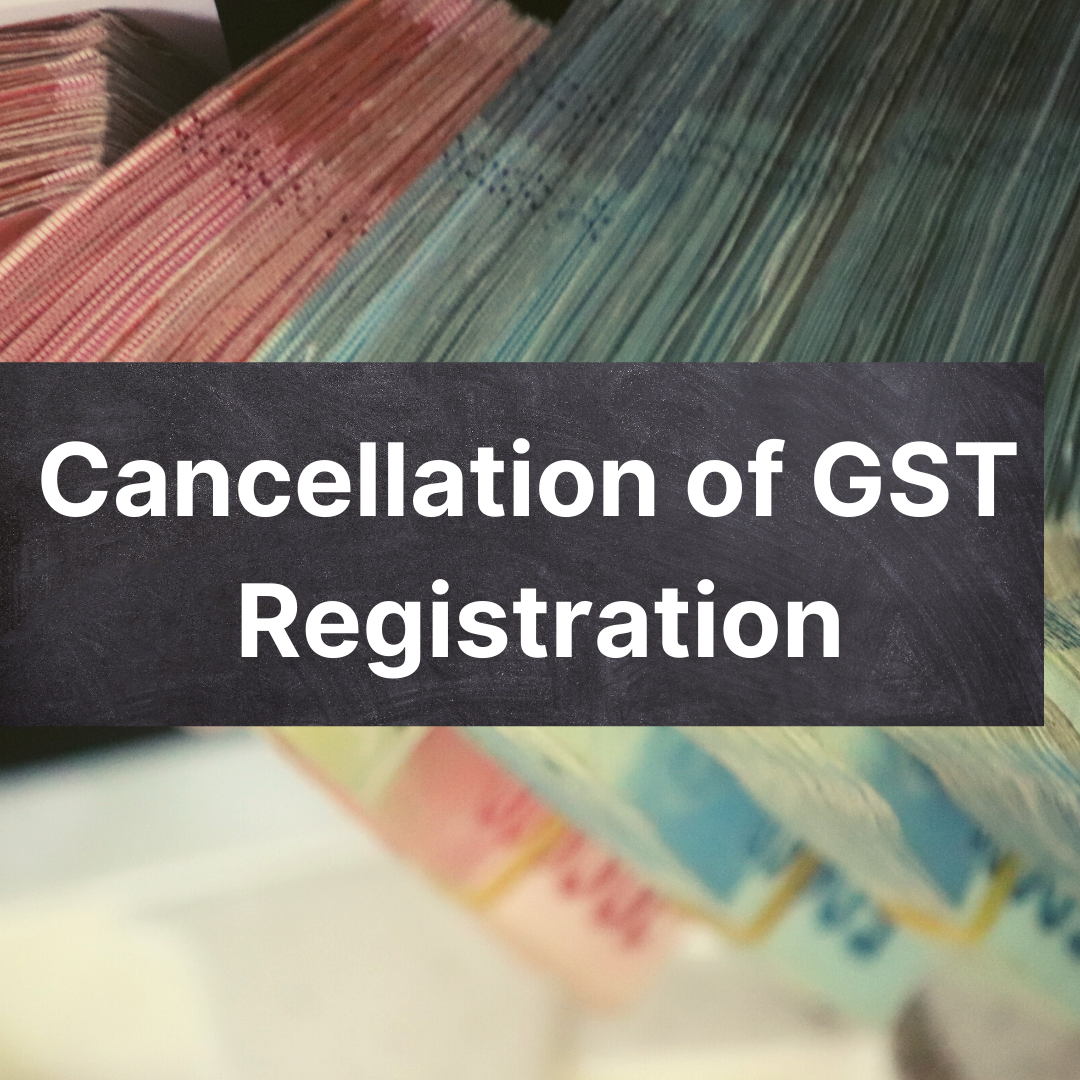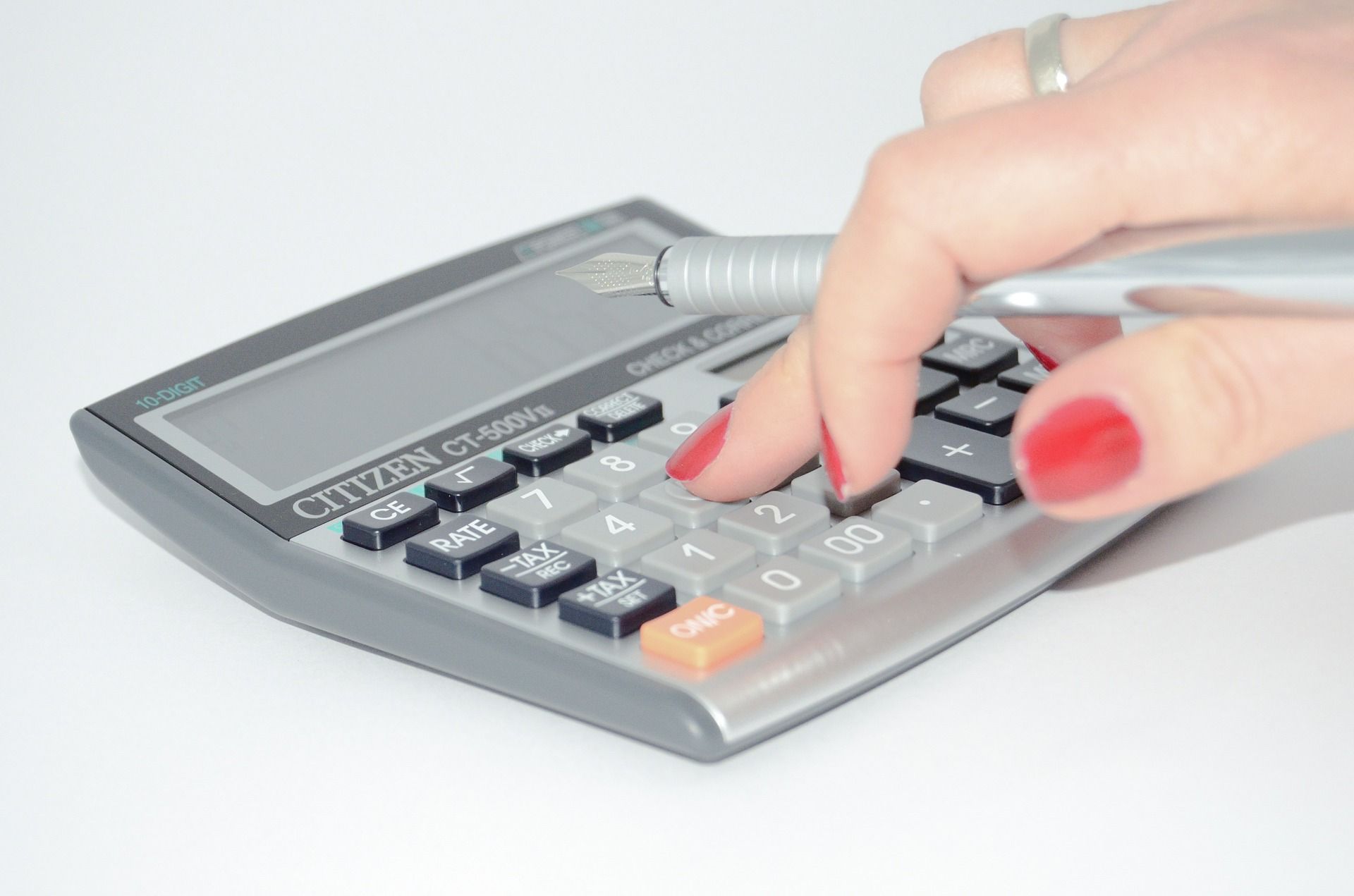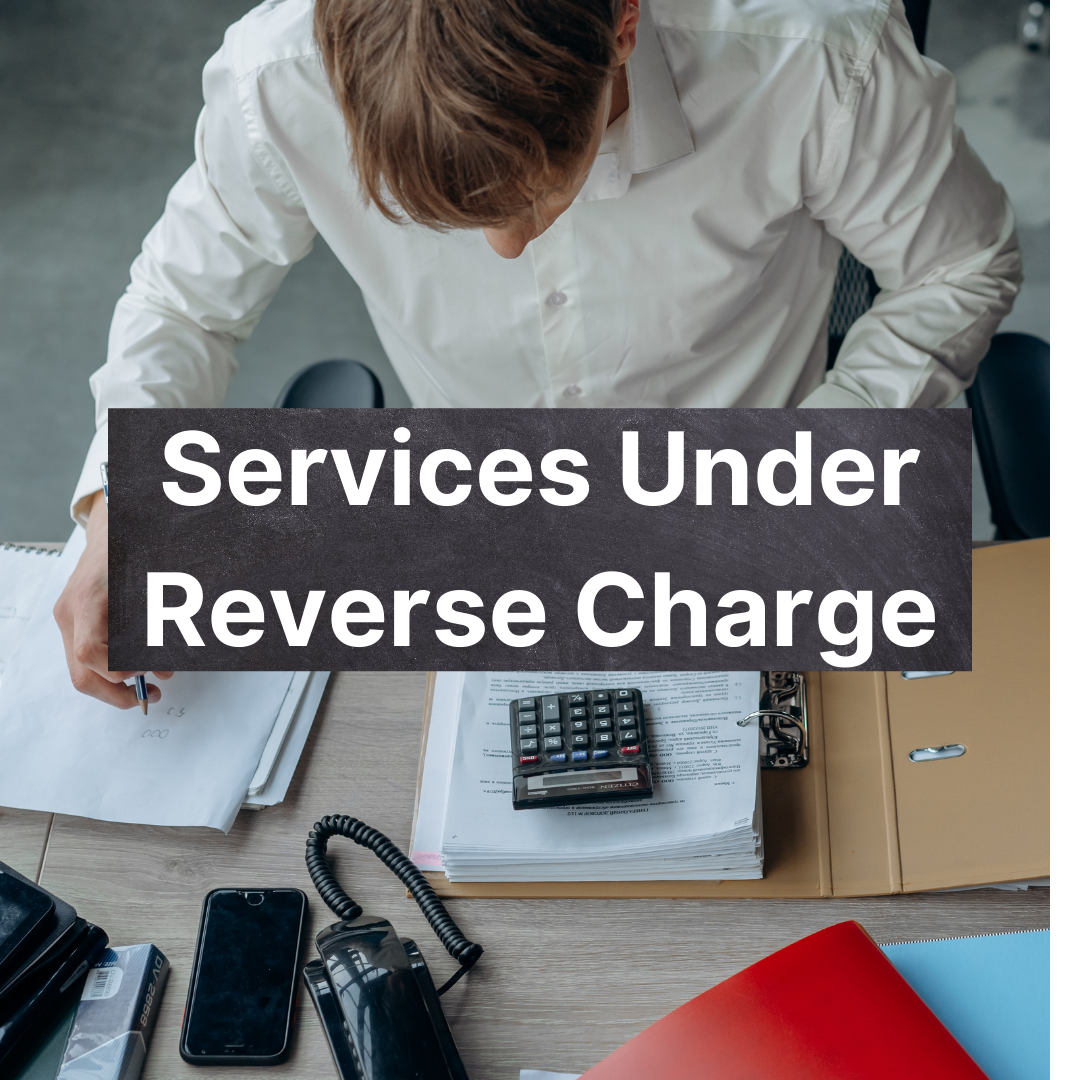RCM or Reverse Charge Mechanism refers to the process in which the purchaser is a registered individual and purchases goods from an unregistered supplier; in such a scenario, the purchaser pays the supplier only the price of the goods without including the GST amount; instead, he makes this payment to the government on behalf of the supplier.

Having understood the concept, let’s also learn about the various services under RCM. In this article, we will see the following aspects pertaining to RCM:
- How to check GST Paid by Supplier in RCM under GST?
- Accounting Treatment of Reverse Charge Mechanism
- Key points dealing with RCM
- Who will issue the RCM invoice?
- RCM on freight limit 750
- How are services by e-commerce operators treated under RCM?
- GST RCM on foreign expenses
- RCM under GST Transportation
- RCM on labor charges under GST
- Business liable to pay Reverse Charge on GTA Services
How to check GST Paid by Supplier in RCM under GST?
In the case where the supplier pays the GST, it will not be considered a supply under RCM.
Your GSTR 2A form can be used to verify if your supplier has declared the supplies and paid the GST.
In another case, if you are the supplier and want to check if your purchaser has declared sales under RCM, you can do so by checking with the purchaser himself.
Accounting Treatment of Reverse Charge Mechanism
The accounting treatment in the case of the reverse charge can be summed up as shown in the following:
One needs to pay the RCM directly to the government based on the usual tax rates. This is to be done through the form GSTR 3B. Also, they must provide Table 3.1 D of GSTR 3B for the purpose of paying the GST liable.
Later on, through the form GSTR 3B and its table 4A, the taxpayers can claim an ITC on this type of transaction in the same month.
There needs to be a separate ledger that should be maintained by the accountants for the RCM transactions. Here are the details that need to go into the ledger:
- IGST-Input Tax-RCM
- IGST-Output Tax-RCM
- CGST-Output Tax-RCM
- CGST-Input Tax-RCM
- SGST-Input Tax-RCM
- SGST-Output Tax-RCM
Key points dealing with RCM
It is important to learn about certain key points when you come across the reverse charge mechanism. Here they are:
Management of Invoices: While dealing with the RCM, it is vital to store and manage the invoices as these will be required when you prepare to file returns for your GSTR 1 every month. Apart from GSTR 1, these invoices will also be required when you file your annual returns for the GSTR 9 form.
Paying tax liabilities through the Cash ledger: When you are paying your tax liabilities, be mindful and ascertain that you pay it through your cash ledger and not the credit ledger. While this is essential to remember, you can always receive your tax credits in your credit ledger.
Accuracy in claiming ITC: When you claim ITC on your RCM supplies and goods, ensure that you have accurately made the claim; RCM being a slightly complicated procedure, it is advised that individuals practice accurate management.
Who will issue the RCM invoice?
As per the 2017 Act of GST and Section 31 (3) (g), the purchaser or the recipient must issue the RCM invoice to the supplier of the goods on which the reverse charge mechanism is applicable. The RCM invoice is a document that includes all the vital components which have been specified by the CBIC- Central Board of Indirect Taxes and Customs.
RCM on Freight Limit 750
In accordance with Notification No. 13/2017-Central Tax dated 28/06/2017, the person who pays or must pay the freight for the goods transported by road in a goods carriage is liable to pay taxes under the RCM; here, the prerequisite is that the receiver belongs to a taxable territory.
This is to say that if the supplier pays for the goods then the supplier will be considered as the recipient only if he is placed in the category of people determined by the government on whom the RCM is applicable.
Similarly, if the recipient of the goods is liable to make the payment then the receiver or the recipient will be considered as the receiver of the transportation services only if he is among the category of individuals determined by the government on whom the RCM is applicable.
How are services of E-commerce operators treated under RCM?
The e-commerce supplies are considered the same as any other supplied in the case of RCM. However, in this case, all the recipients or the purchasers are unregistered people, the E-commerce operator will have to arrange and look into the aspect of who shall collect the tax from the unregistered recipients and then pay it.
GST RCM on Foreign Expenses
Any expense made for purchasing any foreign goods or services is called Foreign expense. RCM applies to such expenses as well. Although the RCM applies to such goods, it cannot be applied on the sellers or suppliers of such goods as they are based in foreign lands with a separate tax structure, and therefore, become free of tax liability under RCM.
In accordance with the notification no.10/2017-IT(R) dated 28.06.2017, the categories on which the GST is applied under RCM is any service supplied by an individual based in non-taxable territory to any person other than the non-taxable online recipient.
This also helps simplify the application of tax liability under RC for foreign goods and services.
The tax for this category i.e. for the import of service has to be paid in cash or bank. The ITC from GST can be utilized within the same month, and to the extent of the IGST paid upon claiming it, to release the outward tax liability.
RCM Under GST Transportation
Tax is charged on GST Services, which are nothing more than outsourced transportation agencies that provide the services of transporting goods while issuing a consignment note. Services based on Goods & Transport Agencies (GTAs) are covered by RCM in India. Under Notification No. 11/2017- Central Tax, dated 28th June 2017, a goods transport agency or GTA refers to anyone who provides road transport services for goods and issues a consignment note for them.
RCM on Labor Charges Under GST
RCM applies on Labor Charges as depicted in the following table:
Business Liable to pay Reverse Charge on GTA Services
We have looked into the GTA services in the previous section; let’s also visit the businesses that are liable to pay a reverse charge on the GTA services.
These include:
- The factories registered under the 1948 Factories Act
- Societies that are registered under the Societies Registration Act of 1860 or under other laws
- A co-operative society established under any law
- An individual registered with the GST
- An organization formed or established under any law, or under any other law
- Registered or unregistered partnership firms, including AOP.
- Individuals with taxable income
How can Deskera Help You?
Deskera Books will effectively help you with accounting, financial management, inventory management, besides facilitating you with grasping the concepts related to GST.
Diverse procedures under GST like the GST registration, what's GSTIN, what is a GST Return, checking the registration status, so on, can be learned about with Deskera.
Selecting the right GST type will be confusing in several instances. Therefore, it'd be useful within the long-term if you grasp the topics such as GSTR1, GSTR 2A, GSTR 2B. Once registered, you may also learn about the GST forms applicable to your business.
With Deskera, you'll currently manage your Journal entries easily. You will also get to witness an all-new way to use an accounting system that has extraordinary features and is easy to use.
Managing business along with invoices, bills and expenses are convenient with Deskera. Also, accounting for startups gets a new meaning with Deskera Books.
Key Takeaways
- In this post, we have learned about the various services under RCM along with the considerations under RCM.
- We have also learned about the accounting treatment of RCM which says that individuals must pay the RCM directly to the government based on the usual tax rates through the Form GSTR 3B. They must also provide Table 3.1 D of GSTR 3B for the purpose of paying the GST liable.
- Registered firms, registered cooperative societies, registered individuals are some of the entities that are liable to pay the reverse charge.
Related Articles












